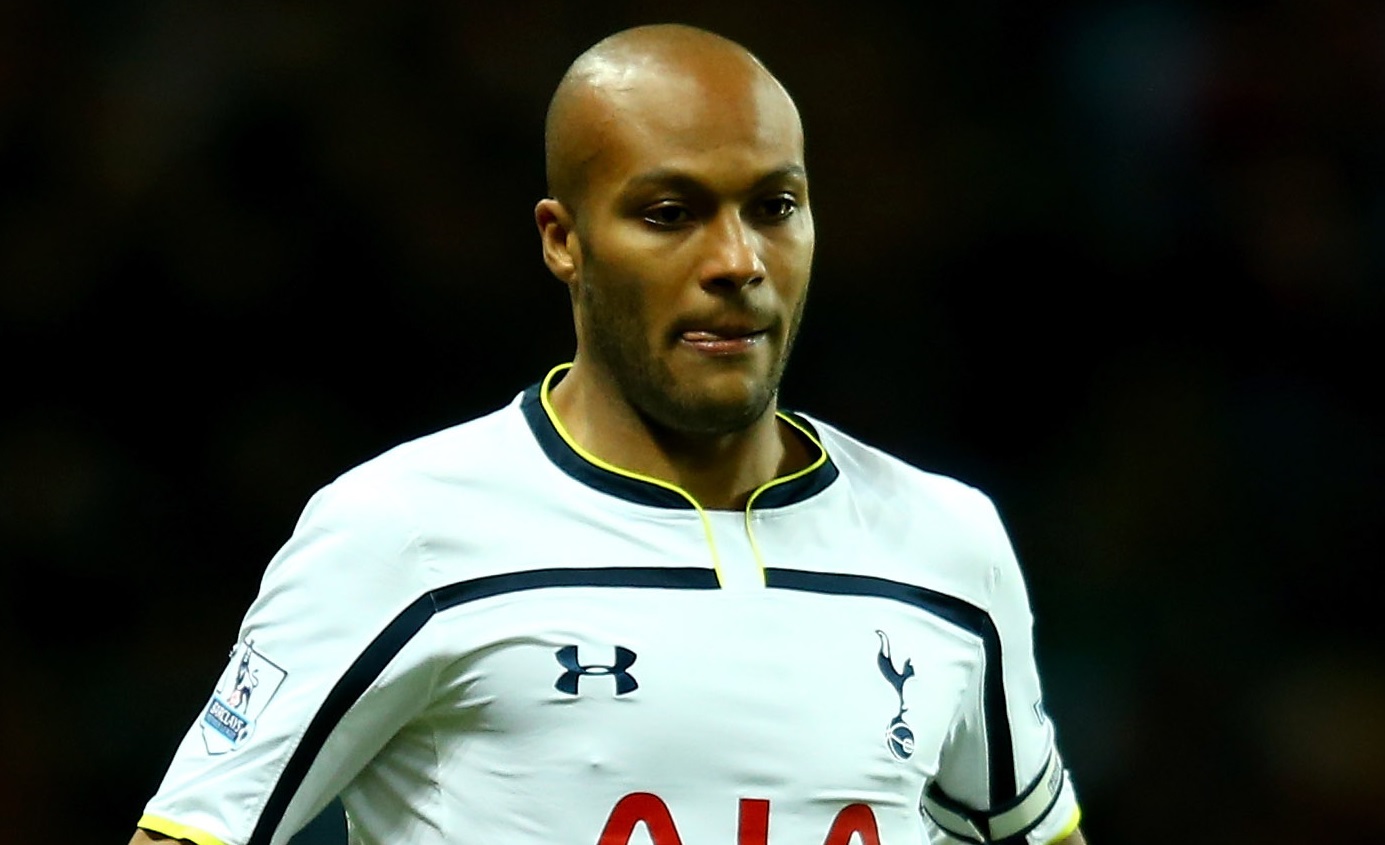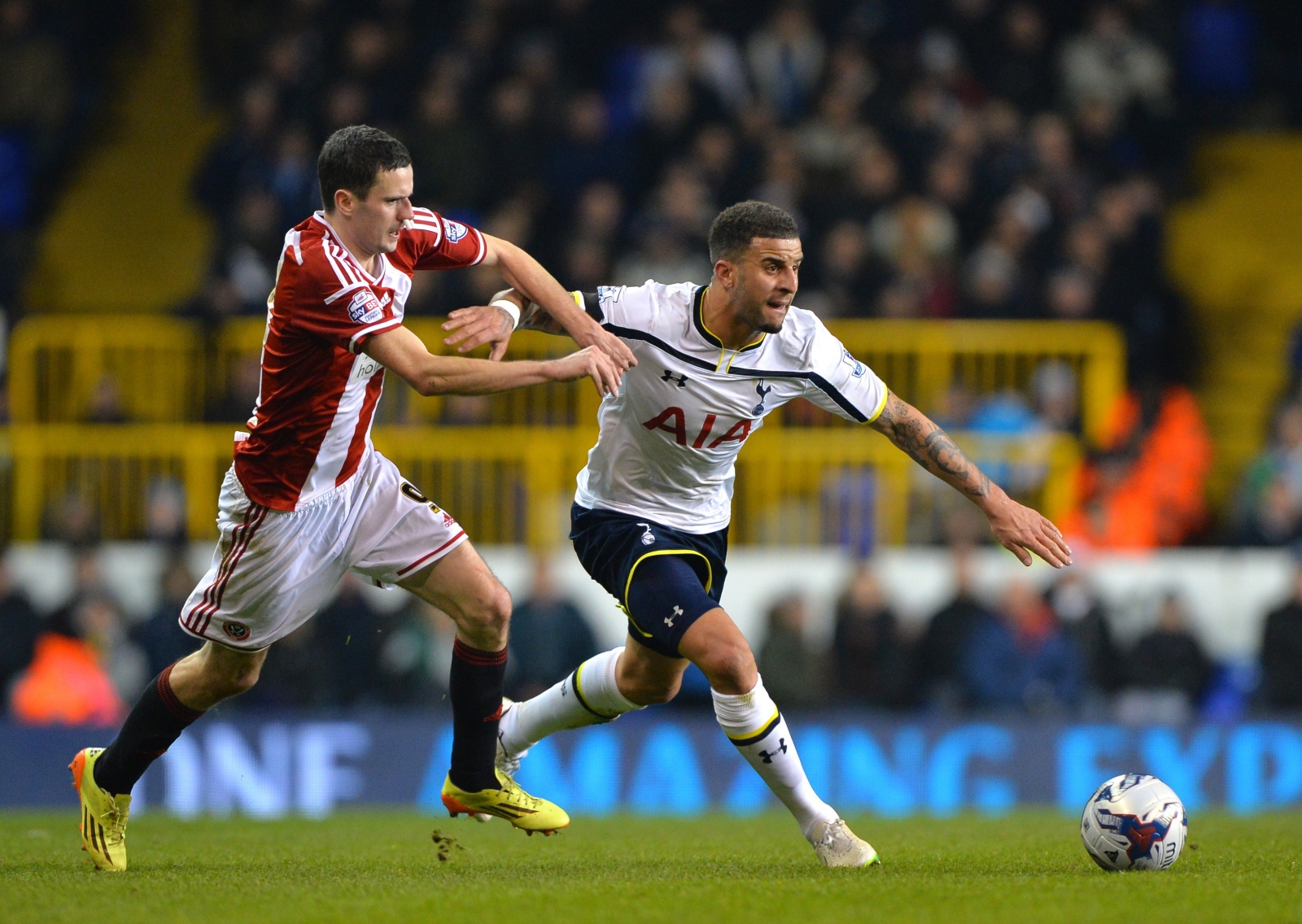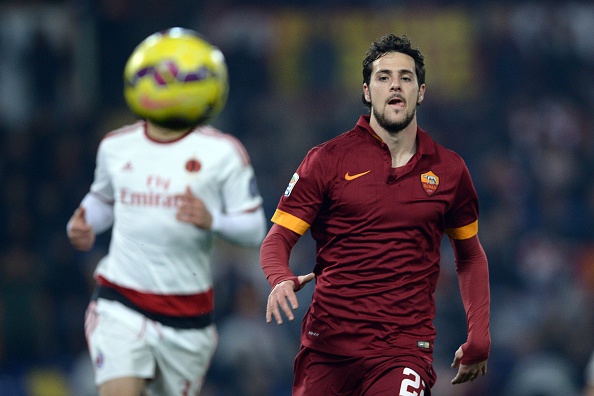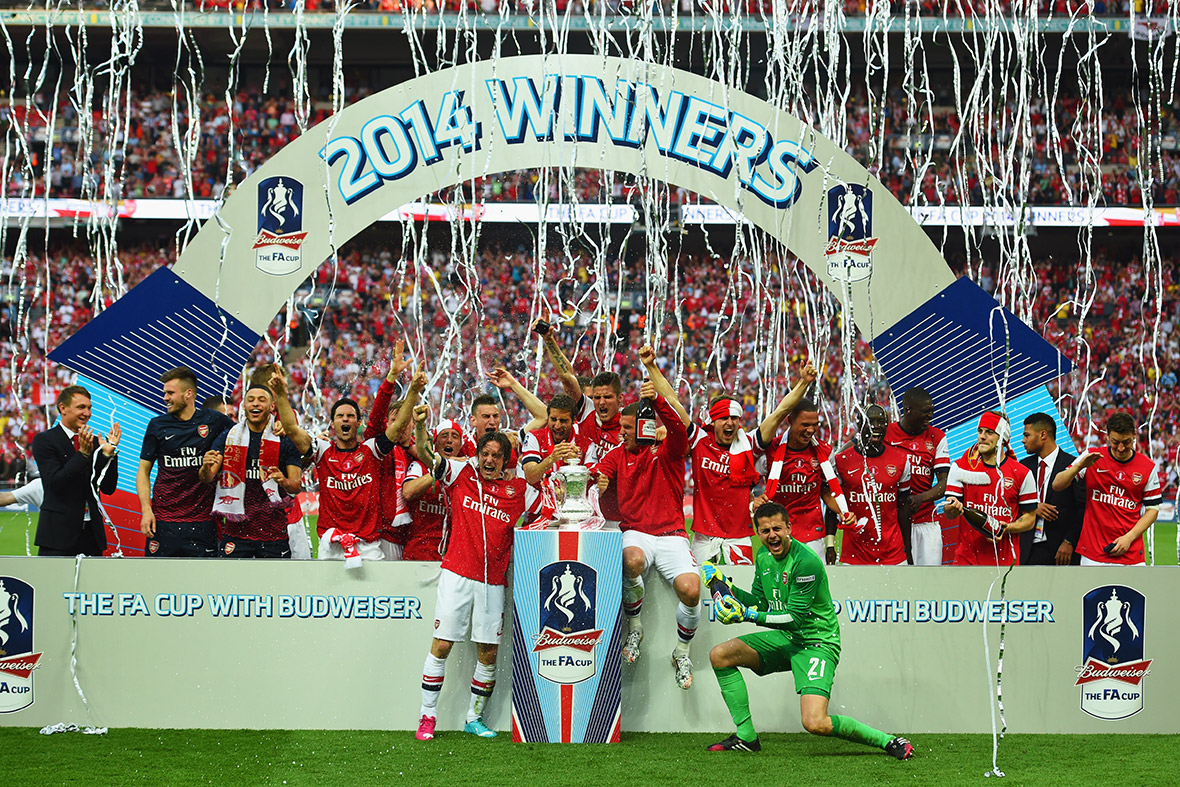The first line of any book I would write on football philosophy is: “Be horrible to play against.” Diego Costa is horrible to play against and I applaud him for it.
Be horrible means: keep possession, run their legs down, run the clock down if you have to, be organised and compact, don’t get messed around physically and mentally by your opponent, test him every minute. There are players around now who fit that bill: Carlos Tevez, Alexis Sanchez, Luis Suarez and definitely Costa, whose conduct against Liverpool on Tuesday night prompted, in my view, a massive over-reaction.
Costa is an essential ingredient in a potentially fantastic Chelsea team and every club would move mountains to have him. For the spectacle it's bad news that he is banned now for the game against Manchester City. One of the best centre-forward/centre-back tussles I've seen this season was Costa v Kompany and Mangala.
We used to talk about the ‘classic’ English centre-forward. In the game today most of those players are from overseas. I look at Drogba, Benteke, Dzeko and certainly Costa and see the qualities we were known for 20 years ago. I see that as an indictment of our game and how we’ve tipped the balance too far.
You need both: technical ability and Costa’s fierce competitive spirit. And you can have both, as Mark Hughes proved at Manchester United. These players are technically and tactically very good but also monsters in their own mind. They all have a fuse inside.

Aggro: This stamp on Emre Can earned Diego Costa a ban
Working in the media, but also in a coaching role, I still veer towards my football bias, especially in these moments, when I’m trying to analyse incidents as a journalist or broadcaster. I go into dressing room protection mode, and ask myself: what would I be thinking now if I were a team-mate of this player?
I saw a quote this week from Eden Hazard, who is one of the best five or 10 players in the world. Hazard said of Costa: “When you play with this guy, you have to give everything. You can see in every action and for every ball, he gives his life.” Obviously Costa did not have to lay down his life, but Hazard’s comment confirmed my feeling about the type of character Costa is. A man that every team and club would want to have.
A few days before the Chelsea-Liverpool Capital One Cup semi-final the 20th anniversary of Eric Cantona’s kung-fu kick was almost celebrated. Cantona was revered by Manchester United fans, and the media recalled the Selhurst Park incident as one of the most dramatic in Premier League history.
To be in that dressing room and around those players 20 years ago was to have the world and his dog battering us, and calling Cantona a “thug” while demanding that he should never play again in England. I see a contradiction between the Cantona nostalgia and what I see as the over-reaction to Costa’s actions against Liverpool.
When we’re in ‘the moment’, we tend to whip up outrage on a huge scale. "This thug, he needs punishing." But working in broadcasting and coaching at the same time, I’m struck by the gross exaggeration.
If I had to describe the Costa incident as a disciplinary incident the phrase I would use is “a bit naughty.” He left one on a centre-half, Martin Skrtel, who was giving him grief all game, and stood on Emre Can.

Seeing red: Diego Costa squares up to Martin Skrtel
Brendan Rodgers argued afterwards that Costa’s behaviour was not good for the game. I actually felt it made the game. It was everything I expect to see in a high-intensity, quality game, and I have even more faith now in the piece I wrote three weeks ago, where I talked about this Chelsea team potentially dragging up the level of their rivals, so that we see high quality technical games in the Premier League with rivalry, passion and fight.
Costa divides opinion across the country. He is loved by Chelsea fans and disliked by others. Trust me: this was a fantastic week for the Premier League; a fantastic week for English football. And what I refuse to be told is: who my role models ought to be. The idea that my role model should be a football-playing angel who never gets booked is alien to me.
Why should Diego Costa not be my role model? Growing up I was drawn to Mark Hughes, Bryan Robson, Norman Whiteside. As a Manchester United fan in the 1990s my hero would have been Roy Keane, not for his technical ability, over Ronaldo or Scholes, but for the impact his type of player has on the game-going fan, by showing that fight and passion are alive and well in the dressing room.
By the same token I would love to see Wayne Rooney back in a centre-forward’s role, rampaging around and messing centre-backs about, rather than in a more passive midfield role. I never bought into the idea that Wayne needed to calm down to improve his football. The street fighter in him is what made him what he is.
My role models are those who fight and scrap for every inch. The fine line is stepping over that into dangerous play. But these people cannot be designed, or grown like organic fruits. These are real human beings who represent a lot of what is good in football.
We talk about developing a “technical game.’ Twenty or 30 years ago we lived through an age of very direct football. It became predictable. We have now reached a stage where a lot of the games I watch bore me because no-one lays a glove on anyone and the competitive spirit I consider to be essential in high-level football is absent.
The edge is there. So how about all those coaches who are coaching nine-to-16-year-olds this weekend promoting Diego Costa and picking out the positives from how he plays? I accept that what he did was a little bit naughty - and while my gut instinct is that he meant to do it, no independent commission could be sure it was his intention, because he was not looking at the victim, and there was no pull-back of the leg and ‘stamp.’ What he does is run on the player rather than stamp.
Costa will get himself in trouble, miss matches, upset people. But I don’t buy the outrage. I think it made for a compelling football match, the sort of game I would love to watch, week in, week out. Costa’s a catalyst player, because he will have an effect on Eden Hazard, then other Chelsea players, then other teams and the whole of English football. The Chelsea youth team players will look at him and think: "This guy is on huge money, yet he looks like he’s chasing his last meal every time he runs for the ball."
I admit, my tolerance, my line, is different from that of people who watch the game without professional involvement. That doesn’t make me right. Nor do I condone poor behaviour – or violence. Yet the idea that Costa’s behaviour was violent is nonsense. I don’t believe it was highly dangerous, or capable of snapping a leg, which would be despicable. The Skrtel clash was nothing; the Can one was a little bit naughty, no more.
Every coach is desperate for leaders. Costa is a leader, as Hazard’s comments tell us. Sport is not a place for flawless people. Tell me how many flawless people there are in society. The characteristics of role models, often, are a willingness to work hard, fight hard, display passion for a cause. Most coaches are scouring the game for people with these characteristics, and Costa is helping to turn Chelsea from a team who fell short last season into potentially one of the great Premier League teams.








 Accused: Jose Mourinho believes Jamie Redknapp is waging a campaign against him and Chelsea on Sky Sports (Photo:GETTY)
Accused: Jose Mourinho believes Jamie Redknapp is waging a campaign against him and Chelsea on Sky Sports (Photo:GETTY) 













